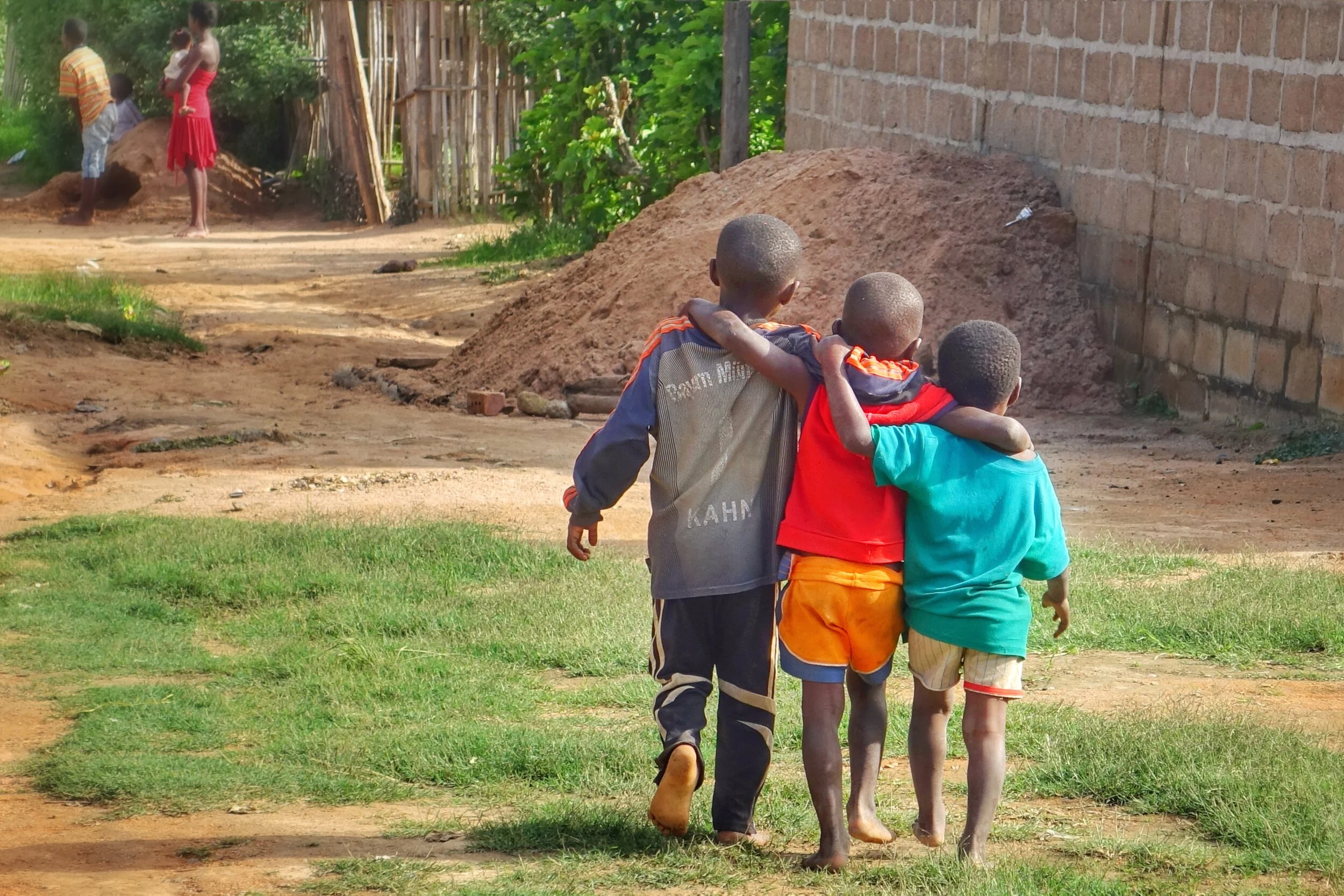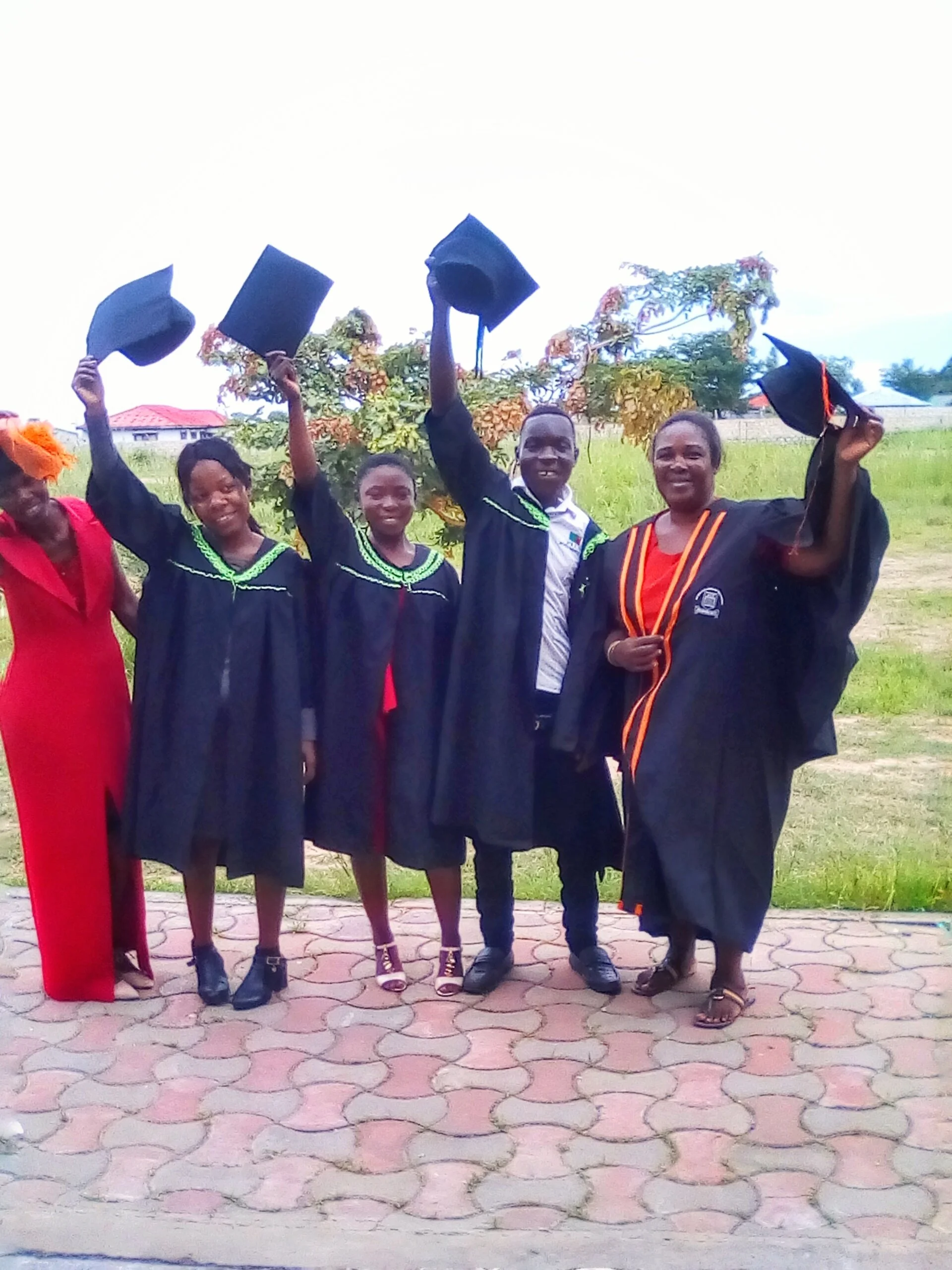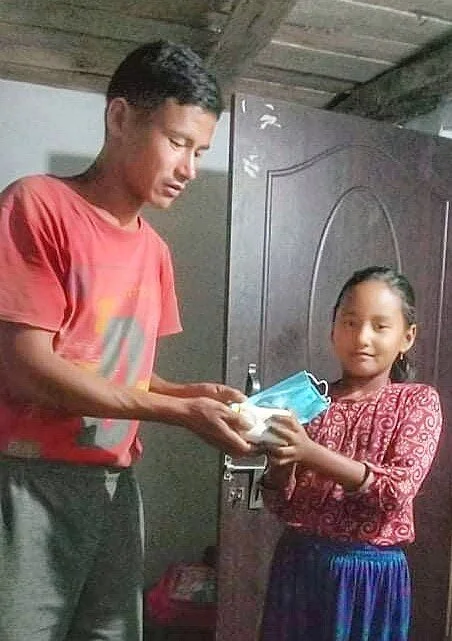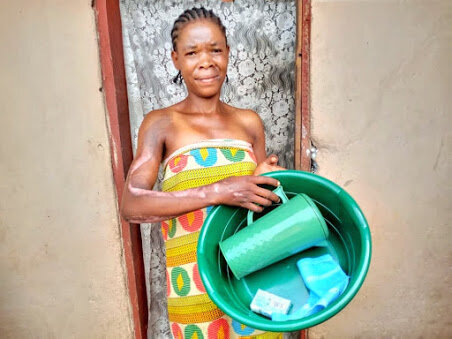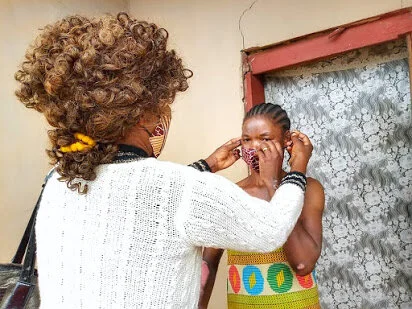Pinkey and Sangeeta help a family test their new cookstove!
In Nepal, many families experience health issues caused by cooking smoke in the home. The resulting health issues disproportionately affect women and children, who spend the most time in the cook space. Volunteer community health worker and nurse, Sangeeta, and our Nepal coordinator, Pinkey, looked for long-term solutions. They connected with a vented stove manufacturer and found a cookstove they wanted to test in the community. In January 2020, two families in Biratnagar, Nepal received cookstoves to test for everyday use.
This has been a great opportunity to put our promise of “evidence-based” work into action! After a year of improved health conditions, time savings and reduced resource usage, many other families in the community were interested in vented cookstoves as well. Surveys were conducted to quantify and track the changes seen in families who were already using the stoves, and to help identify families who would benefit most from new stoves. Survey responses came back so quickly that within TWO WEEKS, twenty-five new cookstoves had been purchased and transported from Kathmandu to Biratnagar!
This fast-moving project does 3 important things:
1) Alleviates health issues felt most acutely by women and children.
2) Allows for real-time research that results in evidence-based decisions.
3) Provides an opportunity for families to contribute a small fee toward the purchase of their stove and thereby contribute toward a community fund that is controlled by community members for other community-led initiatives.
This advancement in community health is made possible thanks to donors like you! After big delays due to COVID, it’s now moving ahead by leaps and bounds!
Pinkey, Sangeeta, and Meena visit with woman at her home to discuss the cookstove

